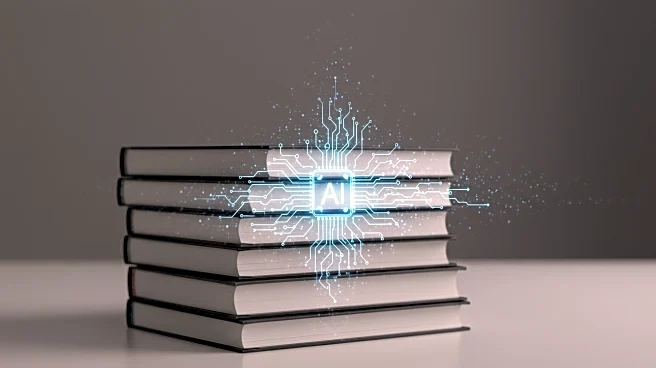What's Happening?
Leading law schools, including the University of Chicago, University of Pennsylvania, and Yale, are expanding their curricula to address the growing issue of AI-generated errors in legal citations. These schools are introducing new courses to teach students the responsible use of AI tools, emphasizing the importance of human judgment and verification. The initiative follows incidents where attorneys faced sanctions for unchecked AI usage. Courses like 'Generative AI in Legal Practice' and 'Regulation of AI: Legal and Constitutional Issues' aim to prepare students for the risks and opportunities AI presents in legal practice.
Why It's Important?
The integration of AI training in law schools is crucial as AI becomes increasingly prevalent in legal practice. By equipping future lawyers with the skills to use AI responsibly, these institutions aim to mitigate risks associated with AI errors and enhance the quality of legal work. The move also addresses concerns about AI potentially replacing entry-level legal jobs, urging students to develop advanced skills to remain competitive. This shift in legal education reflects broader trends in the industry, where technology is reshaping traditional practices.
What's Next?
Law schools will continue to refine their AI curricula, potentially expanding offerings to include more interdisciplinary courses. As AI technology evolves, legal education may increasingly focus on ethical and practical implications, preparing students for a tech-driven legal landscape. The success of these programs could influence other institutions to adopt similar approaches, fostering a new generation of tech-savvy lawyers equipped to handle AI-related challenges.
Beyond the Headlines
The emphasis on AI training in law schools highlights the ethical and societal implications of AI in legal practice. As AI tools become more integrated into legal workflows, questions about accountability, transparency, and bias in AI outputs will become more pressing. Law schools play a critical role in shaping the discourse around these issues, ensuring that future lawyers are not only proficient in using AI but also aware of its broader impacts on justice and society.








